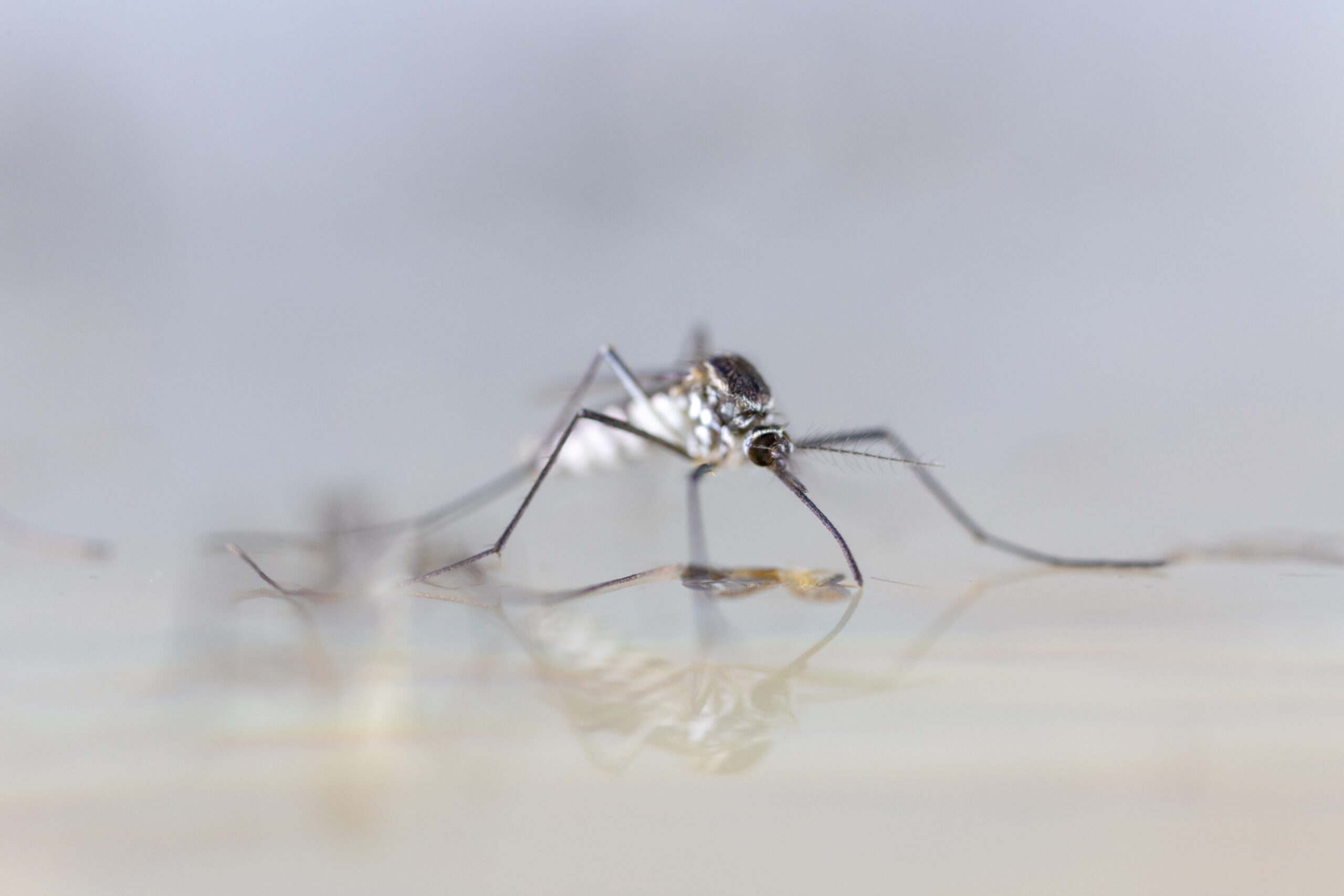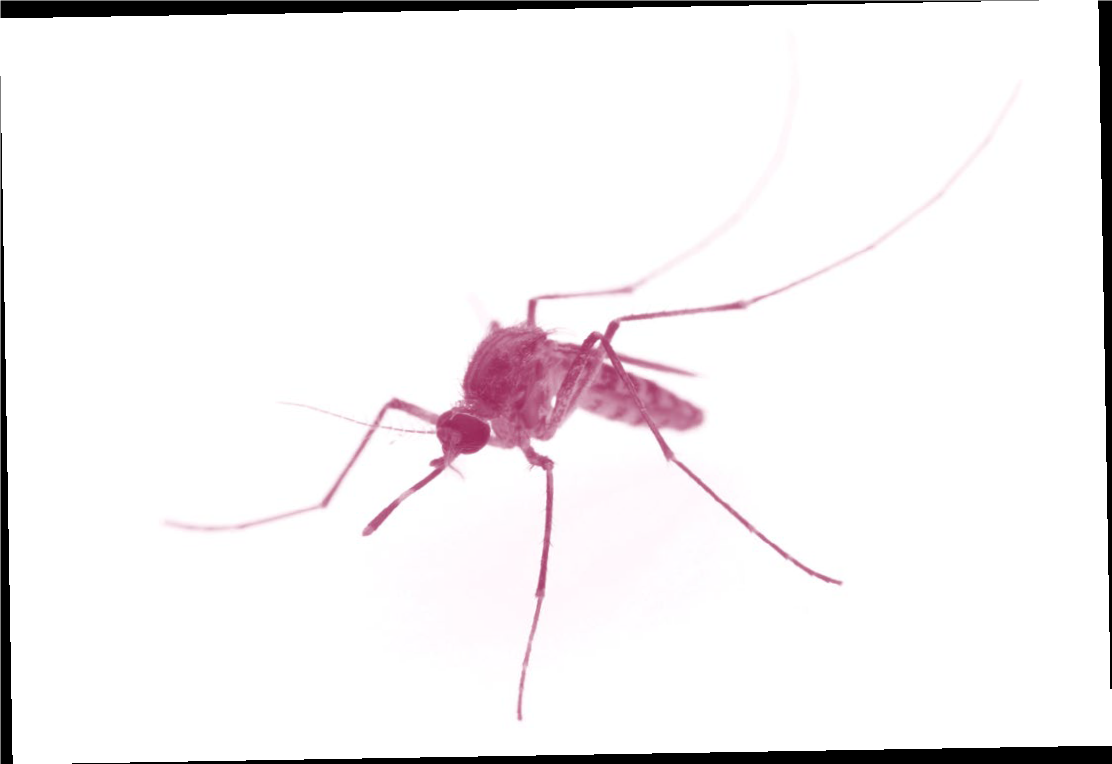Niels Verhulst has been doing research on which fragrances attract malaria carrying mosquitos for years. He used his knowledge to create mixtures of fragrances to trap the bugs.
Mosquitos love our body odor and Verhulst thought for a long time they especially liked the scents from our feet. When given a choice, test results show mosquitos preferably land on our ankles. But when people are lying in their beds, the sweat on our hands and in our armpits is just as attractive for mosquitos as our feet. Verhulst asked himself: is it because of the stance of the body or because of the scent? He designed a test to find out.
We saw that mosquitos are less attracted to our armpit scent and more to the scent from our feet.
Test persons were given cotton swabs to collect samples of their scent from their feet, hands and armpits. He tested the samples in a wind tunnel to see which odor was the most attractive for mosquitos. He also analyzed the composition of the samples with gas chromatography. ‘The composition of the scent our armpits exude is completely different to the smell from our feet. We saw that mosquitos are less attracted to our armpit scent and more to the scent from our feet.’
Attractiveness
According to analysis, samples taken from the the scent of armpits of test persons contained components of deodorant. ‘We asked them not to use any deodorant for 24 hours prior to the test. But apparently that wasn’t enough to flush out the chemicals from the sweat. We repeated the test and asked the subjects to refrain from using any scented products for 5 days. The test then showed that the armpits were just as attractive as the feet.’
Conclusion: deodorant lowers our attractiveness to malaria mosquitos
Conclusion: deodorant lowers our attractiveness to malaria mosquitos. The compound isopropyl-tetradecanoate in particular was responsible for this effect according to Verhulst in his publication this month in Scientific Reports.
To his surprise Verhulst found out there is little research on the effect of parfums on malaria mosquitos. He is calling for more follow-up research on which substances would lower the attractiveness for mosquites even more. As an example: companies could develop anti mosquito soap for the African market with the right research.



